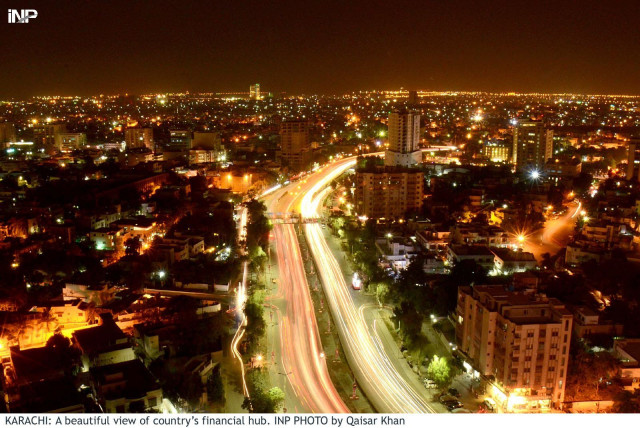Rising Pakistan
Pakistan is confronted with challenges of many types, but with a new govt there are renewed hopes

PHOTO: INP
Pakistan has, however, many obstacles to overcome, toughest of them being tackling terrorism and settling disputes with India. Moreover, Pakistan’s geopolitical location – besides being a gift – is a challenge as well. The country is situated at the crossroads of the hegemonic rivalry between the Indo-Pacific Strategy presented by the US and the Belt and Road Initiative (BRI) put forth by China. A recent opinion piece in The Financial Times has expressed concern over Pakistan’s excessive reliance on China, especially with the China-Pakistan Economic Corridor (CPEC) projects booming a part of the BRI. Besides, thriving economies in neighbouring India and Bangladesh must be a point to ponder for Pakistan. The economic growth of India has increased by around 7% in recent years. This trend is expected to continue, partly as Prime Minister Modi – who won the general election last May – would do everything to capitalise on the economic success achieved during his previous tenure. Besides, India aims to stand along with the United States and China as one of the biggest economies in the world in the near future. The economic situation in Bangladesh is also charming, with the economic growth rate well placed at 7%. In his book The End of Poverty, Jeffery Sachs has analysed that Bangladesh has already put its first step on the ladder out of poverty in 2005. This brings us to a question: while the two countries in the Indian subcontinent are progressing, will Pakistan follow suit?
Well, South Korea is genuinely hopeful! That’s why with the ‘Naya Pakistan’ of Prime Minister Imran Khan, South Korean companies have been collaborating in multiple projects. Lotte Group has been investing in various fields in the country such as chemicals, confectionary and beverage manufacture as well as engineering and construction. Also, the first highway connecting Islamabad and Lahore, the M2, had been built by a Korea company in 1997. More recently, Korean companies have constructed a few hydroelectric power plants in Pakistan, and plan to build four to five more. Korean enterprises are pursuing further cooperation in the fields of railway transportation, Information Technology, agriculture, education, and public health. To quote an instance, when I visited Balochistan in November last, the Chief Minister of the province had showed keen interest in learning from Korea’s cage fishing technology for implementation in his province. Moreover, I read an article about how in Pakistan, death sentence rulings are often withdrawn for lack of sufficient evidence, which means there is an opportunity to employ more advanced criminal forensic techniques where Korean cooperation can be of great help.
Korea and Pakistan share a history of economic hardship. In the last 50 years, Korea has shown economic growth and achieved democratisation through hard struggles. Likewise, Pakistan is expected to experience great economic growth over the next few decades. According to PricewaterhouseCoopers’ longer-term view of global economic prospects, Pakistan’s economy is forecasted to rank at 20th in 2030, and at 16th in 2050, surpassing that of Korea. Pakistan will perhaps walk a similar path as Korea has trodden and is calling out for cooperation with Korea. Now is the time for Korea to proactively respond to it.
Published in The Express Tribune, July 12th, 2019.
Like Opinion & Editorial on Facebook, follow @ETOpEd on Twitter to receive all updates on all our daily pieces.














COMMENTS
Comments are moderated and generally will be posted if they are on-topic and not abusive.
For more information, please see our Comments FAQ